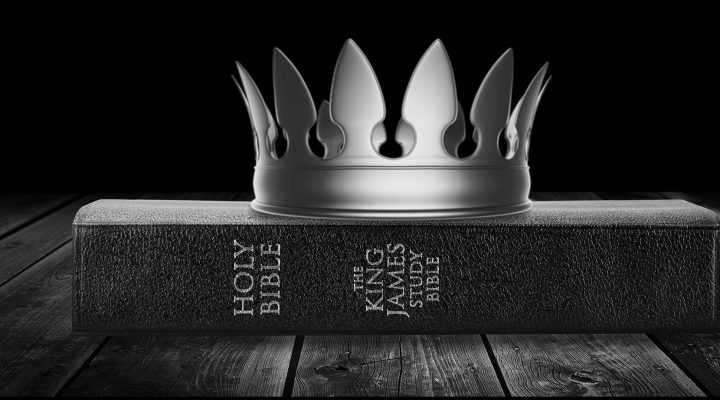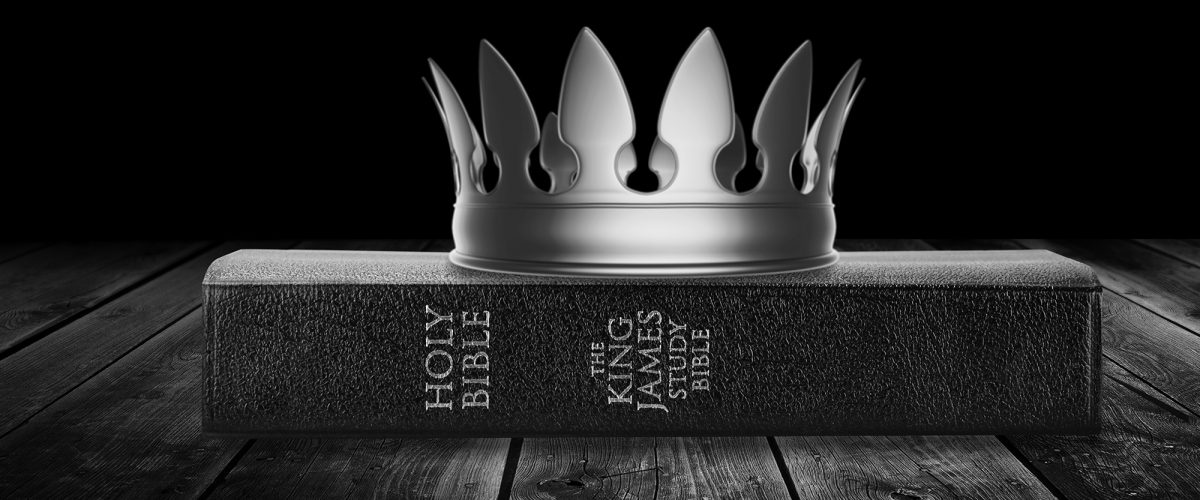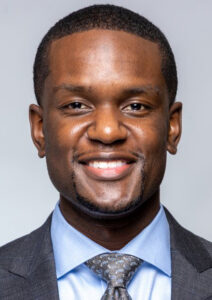The late Bishop E. Anne Henning Byfield writes in Toward a Theology of Holy Black Rage, published in 2022:
The nomination of Sen. Kamala Harris has again brought this issue of rage to center stage, especially with the church. It highlights the differences between how Black women and Black men are treated in public and personal arenas. Immediately, we heard the negative statements about her ambition, whether she is qualified, too white, not really Black, married to a white man, moved up too quickly, and didn’t deserve to be chosen. She has been sliced and diced into small bite-sized pieces. The 45th president of the United States called her “nasty,” which is his primary and favorite word that he uses to put down powerful and empowering Black women.
Sadly, many church leaders have bemoaned her selection. One denominational leader said. “We just lost the race because he put a woman and a former prosecutor on the ticket.” Another leader has said it will be difficult for him to sell a woman to his congregation citing that she is too outspoken, married to a white man, and it is not clear that she is saved. Unfortunately, Black women have also told me that they can’t vote for her for various reasons. Some have said they will vote for President Trump or not vote at all.
Bishop Byfield’s poignant and prophetic words meet us in this hour of domestic and global concern as America, the supposed power of the world, wades on the fringes of fascism. And the discontent, fear, angst and rage of Black folks already is being dismissed. A clear sign that it wasn’t all of us who participated in creating this travesty.
Sadly as Howard Thurman once wrote: “The bitter truth is that the church has permitted the various hate-inspired groups in our common life to establish squatter’s rights in the minds of believers because there has been no adequate teaching of the meaning of the faith in terms of human dignity and human worth.”
Elevating the reality that America’s hatred of blackness, coupled with sexism, massaged by poor Christian theology, and encouraged through decisive rhetoric, has led us to this present hell.
“The emergence, election and/or preference of a king is not an indictment upon God but humanity.”
The emergence, election and/or preference of a king is not an indictment upon God but humanity. One’s or a nation’s willful or diluted decision to choose ideologies, preferences or self interests over the collective needs of the most is not an indictment upon God. The deliberate decision to choose patriarchy, sexism and racism over ethics, morals and principles is not an indictment upon God. The choice to prefer greed over care is not an indictment upon God but humanity. Consequently, the marginalized become even more endangered and ask, “What’s next? and how long?”
The tendency to retreat amid opposition, persecution or presumed violence is a warranted human response to danger. And the sentiments of anger, discontent and rage are appropriate dispositions for a people consistently discarded. Because of these truths and conditions, one may desire to shrink back, as there is no singular posture for the disinherited to possess. There is no singular way to communicate disdain for the continued outcomes of neglect. There is no singular way to amplify an unwillingness to be crucified for the empire yet again. Revealing, there are times in life where our perseverance is found in faithful resistance amid anticipated destruction.
Consider the context and reality within 1 Samuel chapter 8. Samuel, Israel’s judge and administrator of God’s commands, has become an old man and commits an act of positional nepotism; he appoints his sons as judges. His firstborn Joel and second son Abijah are appointed judges of Beersheba, but there’s one problem. They are not righteous like their father and can be easily manipulated with bribes and fail to administer justice. This is a critical issue as internal and external threats leave the people susceptible to danger and violence.
The house of Eli faces a period of internal changes due to contention with leadership, longstanding issues with the Philistines and their military aggression, tribal desires for a centralized “wealth system,” and an overall desire to mirror neighboring monarchies. The illusion of “grass is greener on the other side” has become appealing and enticing. As a result, the elders — leaders of the families and tribes — head to meet Samuel at the base of operations in Ramah.
And without holding punches they exclaim, “Old man, you have lost your ability to judge and administer properly. You’ve given us your two sons, that we did not ask for nor were we consulted, and they are nothing like you. Here’s what we want and what we want you to do. Appoint us a king like the other nations. This thing of theocracy, God being our king, isn’t working any more. We want to be like the others, those nations with kings and a human who rules over them.”
Sounds like a political party and nation that erected their own false religion and gods; a country committed to allegiances of tribes and nativism; a nation determined to become the worst of itself; and a sect of people sucked into delusion and distortion.
The similarities are glaring as the world witnesses American democracy near collapse.
“They long for a system of power that is actually oppression in disguise.”
They long for a system of power that is actually oppression in disguise. They don’t desire to embody and exude justice and true righteousness that will preserve them in God’s will. Instead, they want to become an imperial power that centers greed, militarism and violence like the other nations around them. Pillaging through those in their midst who are their neighbors locally and afar.
Sounds like America’s bastardized Christianity and idolization of imperialism to me.
Our present is a damning indictment when professed “Christians” choose a cult that desires to exterminate and extinguish portions of a population (domestic and global) because of ethnicity, race, religion or status. It’s a damning indictment when supposed people of faith refuse to honor and respect the dignity of others. It’s a damning indictment when self-serving white Christians deem themselves the determinants of God’s will and who is God’s child.
Yet it’s even more damning when the church distorts the truth and love of Christ with the lies of Western Christianity that center selfishness, separation and violence. Yet, there must be a remnant that declares the words of Hebrews 10:39, “But we do not belong to those who shrink back and are destroyed.”
So how do we do it? How do we retain our confidence and not shrink back as we await our reward and the Lord’s return as those who have faith and are saved within a nation that has chosen a king?
Jeremiah A. Wright Jr. says it like this: “I submit to you that our theology of holy rage says we need to renounce vehemently, yes! My theology says that we need to respond violently and ‘tear the roof of the sucker’ — property, not people; but then after we renounce vehemently and respond violently I want to suggest to you that we need to rebuild vigorously.”
We need to construct something based on an understanding of our God who loves all God’s creation equally. We need to construct something new that has built into it equity — not just equality. My theology says after expressing our holy rage it is time to demonstrate our holy righteousness with the understanding that, “If God be for us who can be against us?”
The deliberate choice not to shrink back will be met with backlash, retribution, suffering and violence, yet perseverance with an uncompromising commitment to the people will prevail. Because after all, we do not belong to those who shrink back and are destroyed.
Jamar A. Boyd II was a graduate fellow of The Gift Collaborative of Black Theological Education and Black Faith Traditions. He holds a bachelor of science degree in sports management from Georgia Southern University and a master of divinity degree from the Samuel DeWitt Proctor School of Theology of Virginia Union University. Additionally, he is a member of the Aspen Institute’s Religion and Society Program and a board member of the Oikos Institute for Social Impact. He is a featured contributor in the first volume of Preaching During a Pandemic: The Rhetoric of the Black Preaching Tradition.
Related articles:
White women stood by their men again | Opinion by Catherine Meeks
Progressive white Christian men, it’s time to get some skin in the game | Opinion by Susan Shaw



